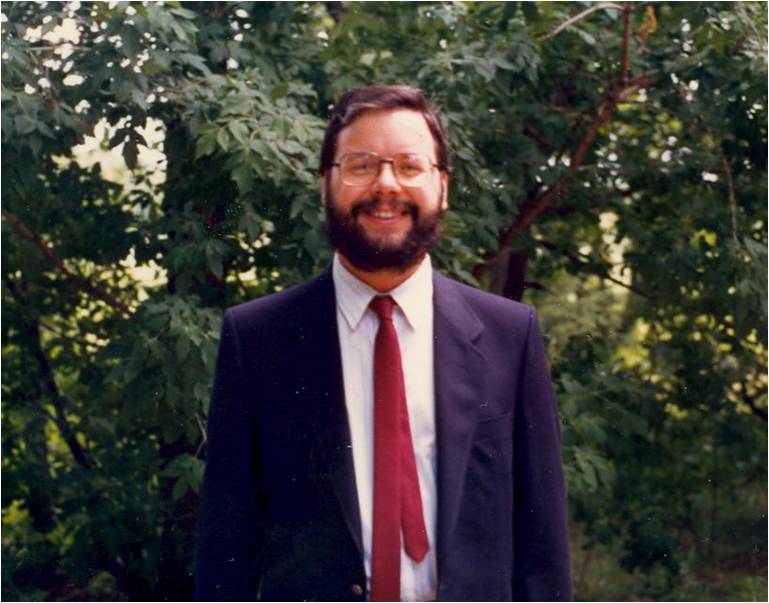Since Operations Research is a very practical field, it is not surprising that companies often spin out of universities led by OR professors. SmartOps was started by my colleague Sridhar Tayur, LogicTools was founded by MIT Professor David Simchi-Levi, former INFORMS President Don Kleinmuntz founded Strata Decision Technologies, and on and on. Entrepreneurship and Operations Research mix very well.
One new aspect (at least new to me!) is getting National Science Foundation support to create these firms. Tuomas Sandholm of Carnegie Mellon has received such a grant and is creating a firm Optimized Markets. He is looking for people to join this startup. At least for some of the jobs, the structure of the position is unusual: an initial year is spent as a postdoc at CMU, followed (if everything works out) with a position at Optimized Markets. Some job announcements follow.
These look like interesting jobs for the right type of person.
ENTREPRENEURIAL R&D POSITION AT CARNEGIE MELLLON UNIVERSITY AND OPTIMIZED MARKETS, INC.
The US administration is appropriately interested in facilitating the transfer of university-generated technologies into the commercial world. The National Science Foundation has a new selective program for facilitating this. Prof. Sandholm received a grant from that program to commercialize some of the technology and know-how being developed in his Electronic Marketplaces laboratory at Carnegie Mellon University. He founded a startup company, Optimized Markets, Inc., for the commercialization.
The position is first for a year as a Research Associate or Postdoctoral Fellow at Carnegie Mellon University. After that, conditional on good progress, the person will transition into a position of significance at Optimized Markets, Inc.
The company has ambitious plans in many application areas in the intersection of electronic marketplaces and integer programming. The particular product that the person will be working on in the first couple of years is in advertising campaign sales and scheduling for TV, Internet display, video, mobile, and cross-media advertising.
This is a truly exceptional opportunity for someone who wants to change the world with technology.
The position is open immediately.
Requirements:
– Strong knowledge of integer programming
– Strong skills and desire to build significant production-quality optimization software that is fast in practice
– PhD in operations research, computer science, or equivalent field
– Strong command of C++
– Desire and ability to work hard in a fast-moving environment
– Desire to change the world with technologyDesired additional qualities (not required):
– Experience in developing commercial software
– Command of Ruby on Rails and Java
– Experience in Software-as-a-Service/cloud
– Good written and oral communication skills
– Ability to work independently and as part of a teamThe position offers the following:
– Opportunity to learn from, and work with, the world’s leading experts in integer programming and market design
– Opportunity to work on highly novel approaches to integer programming and tree search
– Opportunity to learn from a serial entrepreneur and a mentor network how to become a successful entrepreneur
– Opportunity to work on exciting new real-world problems
– Opportunity to have your work fielded and change the world
– Opportunity to publish
– Salary plus stock options in a promising startup
– Opportunity to join an exciting new startup in a position of significanceCandidates should email a letter of application, CV, and a list of references to:
Tuomas Sandholm
Professor
Computer Science Department
Carnegie Mellon University
sandholm AT cs DOT cmu DOT edu
http://www.cs.cmu.edu/~sandholm/ ——————-
OPTIMIZATION SOFTWARE ENGINEER POSITION AT OPTIMIZED MARKETS, INC. / CARNEGIE MELLON UNIVERSITY
The US administration is appropriately interested in facilitating the transfer of university-generated technologies into the commercial world. The National Science Foundation has a new selective program for facilitating this. Prof. Sandholm received a grant from that program to commercialize some of the technology and know-how being developed in his Electronic Marketplaces laboratory at Carnegie Mellon University. He founded a startup company, Optimized Markets, Inc., for the commercialization. The company has ambitious plans in many application areas in the intersection of electronic marketplaces and integer programming.
The first product for the Optimization Software Engineer between Optimized Markets, Inc. and Carnegie Mellon University to work on is in advertising campaign sales and scheduling for TV, Internet display, video, mobile, and cross-media advertising.
This is a truly exceptional opportunity for someone who wants to change the world with technology.
The position is open immediately.
Requirements:
– Strong skills and desire to build significant production-quality optimization software that is fast in practice
– Strong command of C++
– BS or MS in computer science, operations research, or equivalent field
– Desire and ability to work hard in a fast-moving environment
– Desire to change the world with technologyDesired additional qualities:
– Strong knowledge of integer programming / tree search
– Experience in developing commercial software
– Command of Ruby on Rails and Java
– Experience in Software-as-a-Service/cloud
– Good written and oral communication skills
– Ability to work independently and as part of a teamThe position offers the following:
– Opportunity to learn from, and work with, the world’s leading experts in integer programming and market design
– Opportunity to work on highly novel approaches to integer programming and tree search
– Opportunity to learn from a serial entrepreneur and a mentor network how to become a successful entrepreneur
– Opportunity to work on exciting new real-world problems
– Opportunity to have your work fielded and change the world
– Opportunity to publish
– Salary plus stock options in a promising startup
– Opportunity to join an exciting new startup in a position of significanceCandidates should email a letter of application, CV, and a list of references to:
Tuomas Sandholm
Professor
Computer Science Department
Carnegie Mellon University
sandholm AT cs DOT cmu DOT edu
http://www.cs.cmu.edu/~sandholm/
